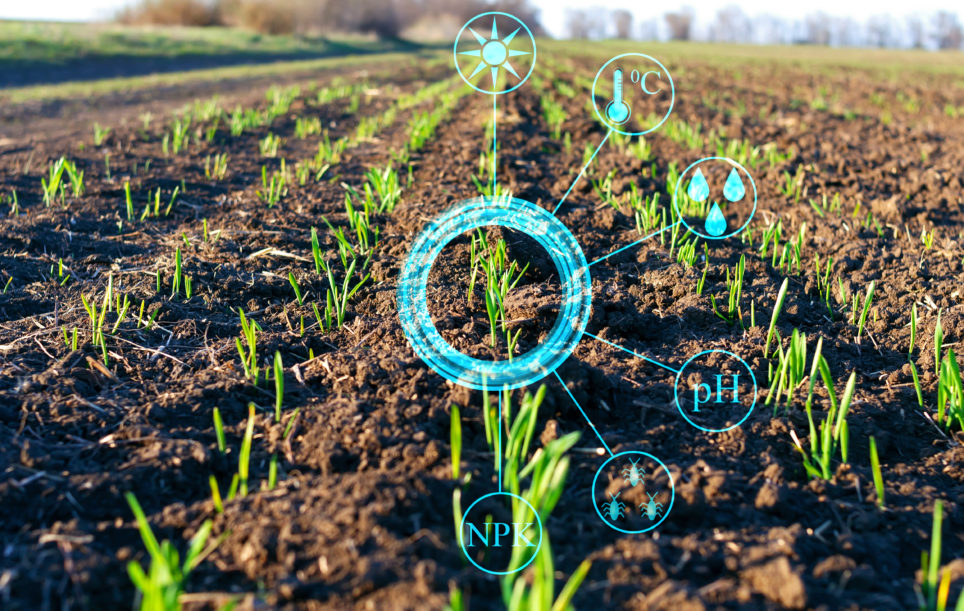
Soil health is a crucial topic for African farmers to understand. It refers to the ability of soil to function effectively as a living ecosystem, supporting plant growth, storing and cycling nutrients, and providing other benefits such as water filtration and carbon sequestration. Soil health is essential for food security, climate resilience, and sustainable agriculture.
Here are some reasons why African farmers need to understand soil health:
- Increased crop productivity: Soil health is directly linked to crop productivity. Healthy soil provides plants with the nutrients and water they need to grow, leading to increased yields and better quality crops. In Africa, where food insecurity is a major issue, understanding soil health can help farmers produce more food and improve their livelihoods.
- Climate resilience: Healthy soils play a crucial role in mitigating climate change. They store carbon, which reduces the amount of carbon dioxide in the atmosphere, and can also help regulate water cycles, reducing the risk of floods and droughts. By understanding soil health, African farmers can help reduce their carbon footprint and adapt to the impacts of climate change.
- Economic benefits: Improving soil health can also provide economic benefits for farmers. Carbon markets, for example, provide financial incentives for farmers to improve soil health, by paying them for the carbon their soils sequester. This can help farmers invest in sustainable agriculture practices, such as cover cropping and no-till farming.
- Preservation of natural resources: Soil health is also important for preserving natural resources, such as water and biodiversity. Healthy soil can absorb and filter water, reducing the risk of soil erosion and nutrient runoff. This can help preserve aquatic ecosystems and maintain water quality.
In conclusion, soil health is a crucial topic for African farmers to understand. By investing in sustainable agriculture practices that improve soil health, farmers can increase their crop yields, mitigate climate change, and preserve natural resources. Understanding soil health can also provide economic benefits, such as access to carbon markets. With the world’s population expected to grow, it is essential that African farmers prioritize soil health to ensure food security and sustainable agriculture for future generations.


















